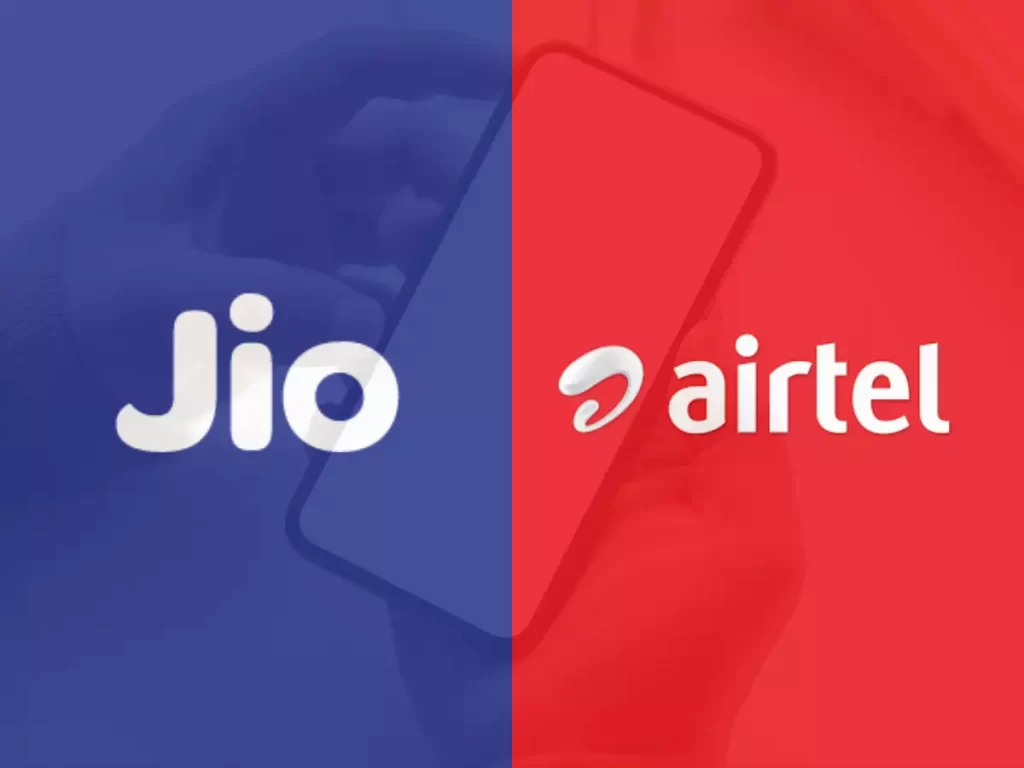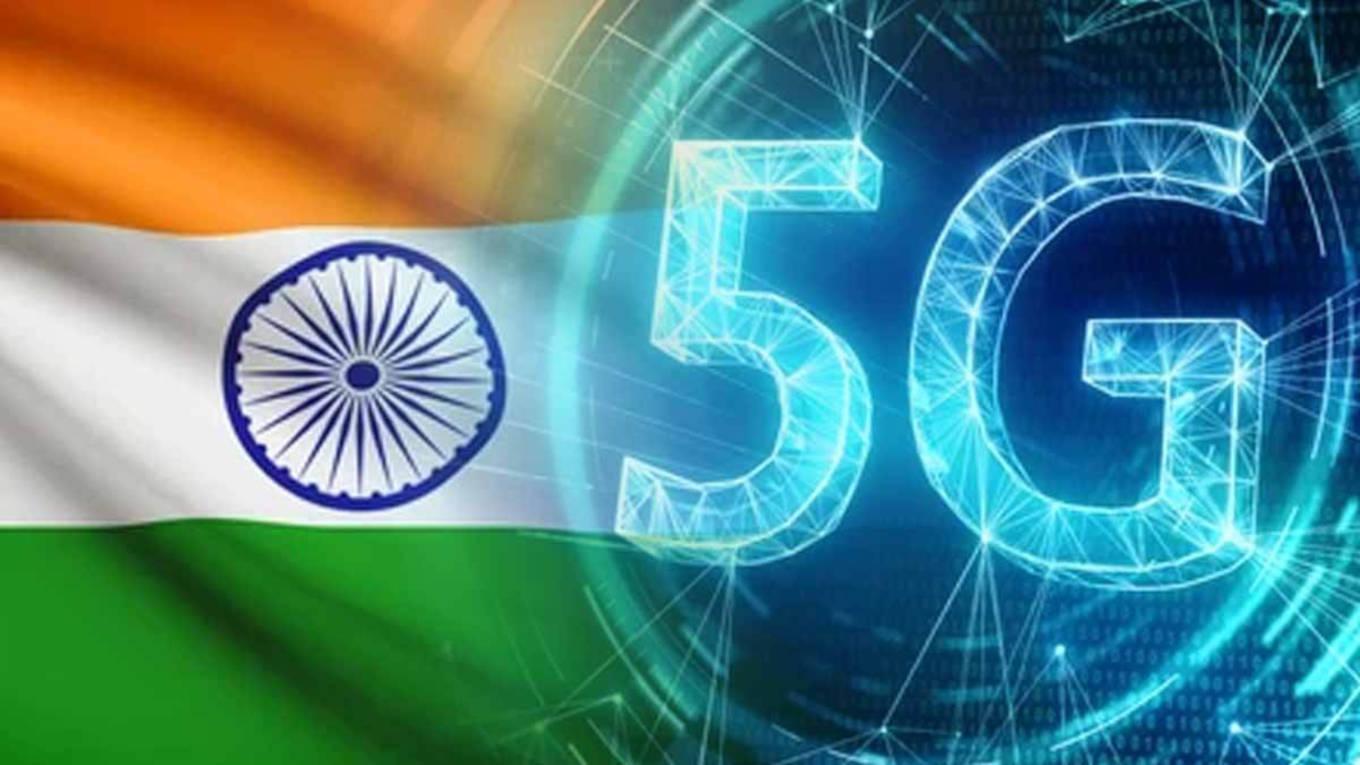List Of Contents
5G in India: The Indian telecom industry is on the cusp of a new era, with the highly anticipated rollout of 5G networks set to revolutionize the way we communicate and access information. 5G, or fifth-generation wireless technology, promises to deliver lightning-fast speeds, low latency, and increased capacity, enabling a wide range of new use cases across various sectors.
The deployment of 5G networks has been a major topic of discussion in the Indian telecom industry, with operators preparing for commercial launches and trials already underway. Two major players, Reliance Jio and Bharti Airtel, are leading the way in 5G deployment, investing heavily in network infrastructure and new technologies to support the rollout of 5G services.
5G has the potential to transform the way we live and work, enabling new applications in areas such as healthcare, education, manufacturing, and entertainment. It can support the growing demand for high-speed data services, enable the Internet of Things (IoT) and smart cities, and contribute to the government’s vision of a Digital India.
In this article, we will explore the current state of 5G deployment in India, the challenges and opportunities it presents, and the potential impact it can have on various sectors of the economy. We will also look at the strategies being adopted by key players in the industry to leverage the power of 5G and stay ahead in the race for 5G supremacy.
As 5G rollout gathers momentum in India, it is an exciting time for the telecom industry and for consumers, who can look forward to a new era of high-speed, low-latency wireless connectivity that will open up a world of possibilities.
The Current State of 5G Deployment in India

5G deployment in India is still in the early stages, with operators conducting trials and preparing for commercial launches. The government has been actively supporting the development of 5G networks, with the Department of Telecommunications (DoT) allocating spectrum for trials and setting up a high-level forum to accelerate the rollout of 5G services.
Currently, Reliance Jio and Bharti Airtel are leading the way in 5G deployment, with other operators such as Vodafone Idea and BSNL also planning to enter the fray in the coming years. The initial focus of 5G deployment is on major cities and urban areas, with plans to expand to other parts of the country over time.
The Bharti Airtel
Indian phone company Bharti Airtel recently said that its 5G service, called “Airtel 5G Plus,” is now available in all of India’s districts and union territories.
In September, Bharti Airtel said it had 50 million unique 5G customers on its network. Sunil Bharti Mittal, the CEO of the company, said that Airtel has launched 5G services in 5,000 towns and 20,000 villages across India and is on track to have this technology available all over the country by March 2024.
Reliance Jio
Reliance Jio Infocomm has been using Standalone (SA) design to quickly grow its 5G network since October 2022. According to the carrier’s website, its 5G service is already live in 7,764 towns in 36 Indian states.
However, there are several challenges that need to be addressed to ensure the successful rollout of 5G services in India. These include the high cost of spectrum, the need for investments in infrastructure, and the lack of clarity on regulatory issues such as net neutrality and data privacy.
Despite these challenges, the potential benefits of 5G are vast and far-reaching, and the Indian telecom industry is eager to harness its power to drive growth and innovation.
Challenges and Opportunities for 5G in India
The rollout of 5G in India presents a range of challenges and opportunities for the telecom industry. On the one hand, the high cost of spectrum, infrastructure investments, and regulatory issues pose significant hurdles that need to be addressed. On the other hand, the potential benefits of 5G are vast and far-reaching, with the technology expected to drive innovation and growth across various sectors of the economy.

One of the biggest challenges for 5G deployment in India is the high cost of spectrum. The government has been trying to address this issue by conducting spectrum auctions and exploring new pricing models, but the cost of acquiring spectrum remains a significant barrier for many operators.
Another challenge is the need for investments in infrastructure, including the deployment of new base stations, small cells, and fiber-optic networks. This requires significant capital expenditure, which can be a financial burden for many operators, particularly in the current economic climate.
Finally, there are regulatory issues that need to be addressed, such as net neutrality and data privacy. The government has been working to establish a regulatory framework for 5G, but there are still many uncertainties that need to be resolved.
Despite these challenges, the opportunities presented by 5G are immense. The technology can enable new use cases in areas such as healthcare, education, manufacturing, and entertainment, driving innovation and growth across various sectors of the economy. It can also support the growing demand for high-speed data services, enable the Internet of Things (IoT) and smart cities, and contribute to the government’s vision of a Digital India.
As 5G rollout gathers momentum in India, it is clear that the technology has the potential to transform the telecom industry and drive growth and innovation across the broader economy. While there are challenges that need to be addressed, the opportunities presented by 5G are too significant to ignore, and the industry is eager to harness its power to drive the next phase of growth and development.
In case you missed it.
Read also our previous article: Samsung Galaxy S23 Ultra Review: The Ultimate Smartphone?
Conclusion:
In conclusion, 5G is poised to revolutionize the Indian telecom industry, enabling new use cases and driving growth across various sectors of the economy. While there are challenges that need to be addressed, such as the high cost of spectrum, infrastructure investments, and regulatory issues, the opportunities presented by 5G are vast and far-reaching. As the rollout of 5G gathers momentum in India, it is an exciting time for the industry, and we can expect to see significant developments and innovations in the coming years.

